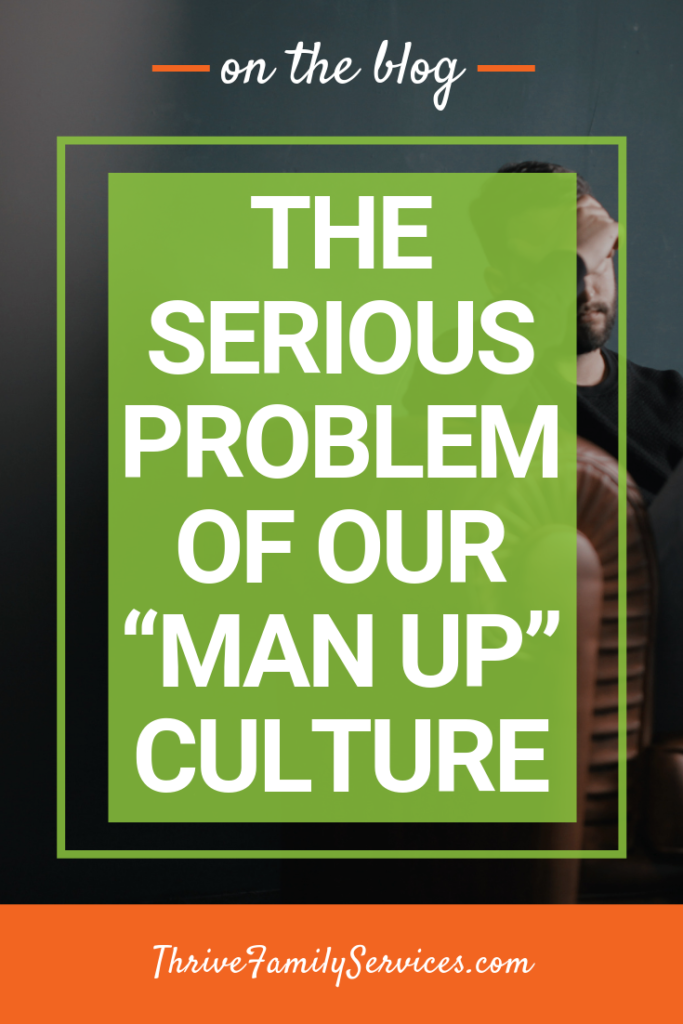As you may know, here at Thrive Couple & Family Counseling Services, we are dedicated to helping you feel closer, argue less, and love more. Our goal is to serve as relationship resources for folks in the Denver area. We write blogs on topics like improving communication, decreasing conflict, growing closer, sex & intimacy, affair recovery, premarital counseling, and parenting.
While we do have a lot of blog posts to support you wherever you are, we have found that these posts are our most popular. We’re always looking for new ways to share resources with you, so we thought it was high time for a roundup of our most popular posts so more folks can benefit!
Here are our most popular relationship resources:
Save Your Relationship From These Mind Reading Myths

We get it – it can be genuinely frustrating that your partner doesn’t know what’s going on in your head sometimes. The myth of the mind reading partner is one of the most common challenges we see in our Denver counseling offices. In our experience, the most popular mind reading myths are 1) That your partner knows or should know what you want and 2) the faulty belief that “They know how I feel about them.”
Expecting your partner to read your mind (and vice versa) can set you up to feel frustrated, angry, and alone. In this post, we go in depth on each of these mind reading myths, explore why you fight with your partner so much, and how to become comfortable communicating openly with your partner.
How Healthy Couples Deal With In-Laws

Do you struggle to deal with your in-laws? You’re not alone! This is an issue that many couples face at some point or another. Family dynamics can be difficult in the first place, but joining multiple families can be a recipe for miscommunication and frustration.
In this post, we list our top four tips for dealing with your in-laws in a healthy way. We discuss recognizing and naming family history and patterns, understanding that this relationship will take hard work, setting boundaries, and when it’s time to call for further help.
Can our Relationship Survive an Affair?

We do hope no one ever has a need to read this post. We know the experience of discovering your partner’s affair is devastating. However, we would like to reassure you that according to research, an affair doesn’t have to end your relationship. In fact, repairing from an affair can be an opportunity to rebuild a stronger, more deeply connected relationship with your partner.
In this post, we discuss the crucial do’s and don’ts for surviving an affair from the perspective of both partners, why affairs hurt, steps you can take right away to help recover, and how counseling can help your relationship heal from an affair.
Why Isn’t She Ever Happy With Me?

Do you feel that your partner isn’t happy with you? They may just have a different style of dealing with conflict than you. There is a relationship pattern called the Pursuer and Withdrawer pattern that may be at play. Many relationships have one partner that tends to withdraw, and another that tends to pursue the withdrawing partner.
This post focuses on the Pursuer side of this pattern. We go into what motivates pursuers, the deeper meaning behind pursuing behavior, and how couples counseling can help you learn how to communicate with each other effectively.
Why Does He Withdraw From Me?

Do you feel that your partner is withdrawing from you? They may just have a different style of dealing with conflict than you. There is a relationship pattern called the Pursuer and Withdrawer pattern that may be at play. Many relationships have one partner that tends to withdraw, and another that tends to pursue the withdrawing partner. Learning this pattern can be one of the most important relationship resources!
This post focuses on the Withdrawer side of this pattern. We go into what motivates partners who withdraw, what your partner is feeling when they withdraw from you, and how couples counseling can help you learn how to communicate with each other effectively.
Rethinking Codependency

We hear the word ‘codependency’ thrown around a lot in our line of work. Codependency was an idea that originally came from the Alcoholics Anonymous community to help people make sense of the havoc that can happen when a person loves someone who is addicted. However, the word often isn’t used for that specific purpose anymore.
In this post, we talk about why we think that there is no such thing as codependency. Research confirms that forming close connections with other people in our lives is not weak or shameful, it is a part of being a healthy and happy human. Instead, we prefer to use the term ineffective dependence. In this post, we discuss the difference between codependency and ineffective dependence, how depending on others is courageous and leads to more independence, and how couples counseling can help you work towards secure dependence and attachment with your partner.
Power Struggles Damaging your Relationship? 5 Steps to Stop

Power struggles in a relationship can feel frustrating, discouraging and become toxic, especially when they begin to form a negative cycle that repeats. We see this happen frequently at our Denver Couples Counseling practice.
In this post, we take a look behind the power struggle – whose fault it is, what causes power struggles, how the cycle works, and the costs of this type of relationship dynamic. We also walk you through five steps to stop power struggles in their tracks.
The Serious Problem of Our “Man Up” Culture

Whether we know it or not, toxic masculinity impacts all of our lives. Have you ever heard the phrase “Man up”? You probably have – the idea is all over the media and it has seeped into our everyday lives. “Man up” is advice that doesn’t give men and boys permission to feel their feelings or be vulnerable.
In this post, we detail how “manning up” is harmful. This cultural phenomenon of telling men and boys to shut down their feelings can show up in relationships, romantic or otherwise. We also share the specific ways couples counseling can guide you to change the thought patterns established by toxic masculinity.
No matter what stage your relationship is in, our experienced Greenwood Village couples therapists are here to support you in navigating these phases. Contact us at 303-513-8975, X1, or schedule online today:
What is your favorite of our relationship resources on our blog? Let us know in the comments below!




